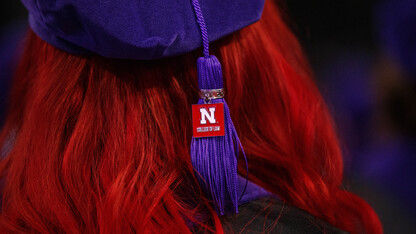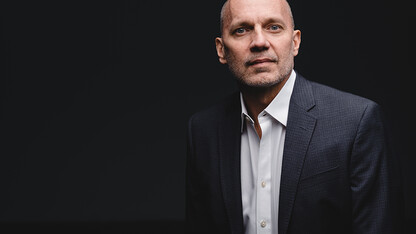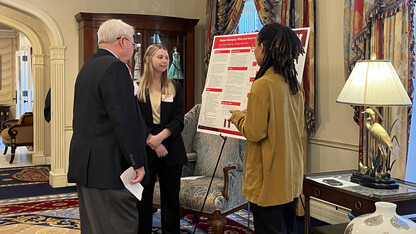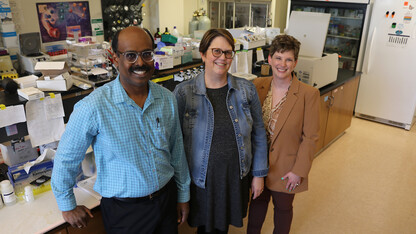· 3 min read
Institutional trust is focus of symposium and NSF workshop
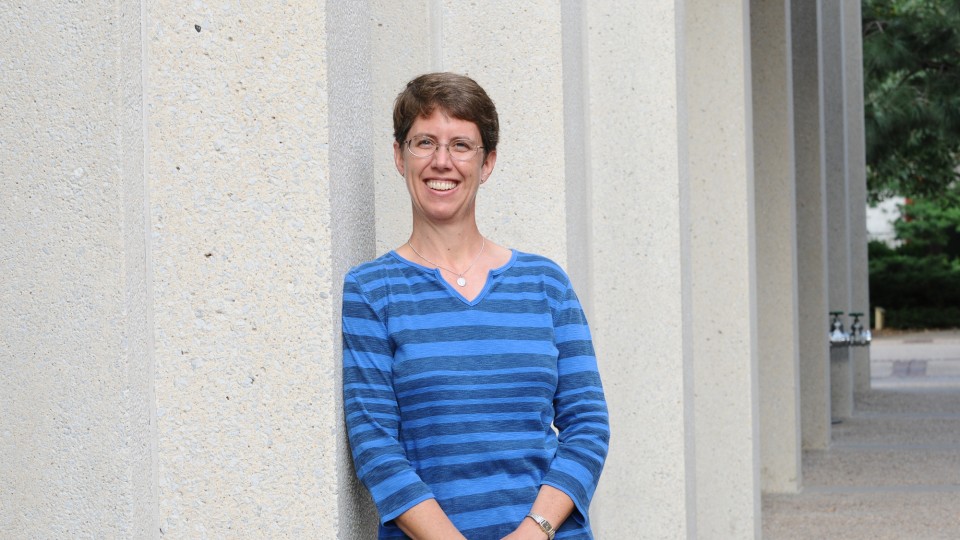
UNL will host the Nebraska Symposium on Motivation and accompanying National Science Foundation Workshop on Institutional Trust from April 24-27. All events are at the Nebraska Union.
The 62nd Annual Nebraska Symposium on Motivation, “Cooperation and Compliance with Authority: The Role of Institutional Trust,” is April 24-25. The event features presentations by prominent trust scholars, including UNL’s Elizabeth Thiess-Morse, professor of political science.
Thiess-Morse will discuss “The Impact of Polarization on Political Trust” at 9 a.m. April 25.
Other symposium presenters and lecture titles include:
James Gibson, “Legitimacy Is for Losers: The Role of Institutional Legitimacy and the Symbols of Judicial Authority in Inducing Acquiescence to Disagreeable Court Rulings”
Karen Hegtvedt, “Creating Legitimacy: The Interrelated Roles of Justice and Trust”
Jonathan Jackson, “Motivating Cooperation: A Comparative Cross-National Analysis of Procedural Justice and Legitimacy”
Peter Ping Li, “Trust beyond Trustworthiness: When Trust Matters the Most”
Robert MacCoun, “Public Trust in Social and Behavioral Science Expertise”
David Rottman, “Who Trusts Trial Courts, to What Degree, and Why?”
David Schoorman, “Would Trust by Any Other Name Smell as Sweet? Reflections on the Meanings and Uses of Trust across Disciplines and Context”
The Nebraska Symposium on Motivation is funded, in part, by the Office of the Chancellor and the Department of Psychology. The symposium and workshop are free and open to the public, educators and students, although preregistration is advised. Symposium presentations will be streamed live online at http://go.unl.edu/mq20.
The National Science Foundation Workshop on Trust is April 26-27. The workshop will advance trust research by bringing together senior and junior researchers from a variety of scientific disciplines (including criminology, law, management, natural resources, political science, psychology, public administration and sociology) who are interested in moving toward integrated theories of institutional trust.
Trust in institutions is critical to governing and the functioning of organizations, courts, judicial systems, etc. Despite so many disciplines studying trust-related issues and influencing trust-related policies, there is relatively little in the development of an integrated framework of institutional trust and confidence. The symposium and workshop will incorporate multiple research areas to build trust theory and quality measures of trust. By bringing together insights from diverse researchers, these events will advance knowledge on trust and confidence, contributing to areas of social and natural science and furthering the goal of an integrated understanding of trust. Incorporating multiple research areas has great potential to transform our understanding of this topic.
The symposium and NSF workshop are coordinated by UNL’s Brian Bornstein, professor of psychology, and Alan Tomkins, professor of psychology and director of the Public Policy Center.

